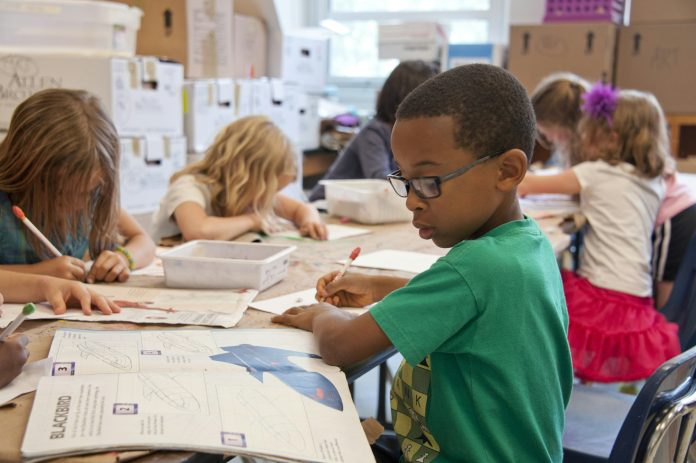In today’s increasingly globalized world, multilingualism is no longer a luxury — it’s a necessity. As parents seek the best education for their children, schools that embrace multilingual education from an early age are becoming more desirable than ever. Research shows that learning multiple languages in childhood brings cognitive, social, and academic advantages. In this article, we explore the key benefits of multilingual education in primary schools and how schools are shaping future global citizens.
Cognitive Development Benefits
Children who learn more than one language at a young age demonstrate superior cognitive flexibility. They are better at problem-solving, have enhanced memory, and show improved attention control. Multilingual education encourages the brain to switch between linguistic systems, which strengthens overall executive function.
Studies also show that bilingual and multilingual children outperform their monolingual peers in tasks requiring critical thinking and creativity. This gives them an edge not only in academics but also in real-world situations where adaptability and innovative thinking are essential.
Pre-primary education plays a crucial role in nurturing these abilities. It is essential for developing a child’s cognitive, emotional, and social skills from an early age. It lays the groundwork for future academic success and personal growth. A strong example of this is the program offered at Erudito (more information you can find here: https://erudito.lt/en/education/pre-primary-education/), where children are encouraged to learn through play, explore different languages, and build a solid foundation for lifelong learning. By introducing multilingualism at this foundational stage, schools can maximize children’s natural ability to absorb new languages while supporting broader developmental milestones.
Cultural Awareness and Sensitivity
Introducing different languages to children also means introducing them to different cultures. Learning a new language involves understanding the traditions, customs, and values associated with it. This cultural immersion builds empathy, broadens perspectives, and promotes inclusivity from an early age.
In multicultural societies, this skill becomes incredibly valuable. Children who can navigate multiple cultural contexts are more prepared to collaborate, lead, and communicate in diverse environments. „Erudito” Lyceum’s multilingual approach supports this development by integrating cultural elements into daily learning experiences.
Academic Performance and Literacy Skills
Contrary to the outdated belief that learning multiple languages might confuse young learners, research indicates that it actually improves overall academic performance. Language learning enhances a child’s grasp of grammar, vocabulary, and comprehension — even in their first language.
Multilingual children often show advanced reading and writing skills, better verbal expression, and higher test scores in core subjects such as mathematics and science. By emphasizing strong language foundations, „Erudito” ensures that its students not only communicate effectively but also think critically and confidently.
Preparation for a Global Future
In a world where international communication is becoming the norm, knowing more than one language is a clear advantage. From career prospects to travel opportunities and cultural exchange, multilingual individuals are better equipped to succeed.
Primary education is the ideal time to lay this foundation. At this stage, children’s brains are naturally wired for language acquisition. They pick up pronunciation, syntax, and semantics more effortlessly than at any other time in life. That’s why „Erudito” incorporates multilingual learning early on — to maximize this critical window of opportunity.
Confidence and Communication Skills
Multilingual learners often develop higher levels of confidence. Speaking more than one language allows children to express themselves more clearly and comfortably in different settings. It also builds resilience, as children learn to navigate the challenges of communication and self-expression.
In classrooms where multiple languages are embraced, students become more open to participation, collaboration, and public speaking. These are essential skills not just for academic success, but for life. „Erudito” nurtures these qualities through inclusive, language-rich environments where every child is encouraged to thrive.
How „Erudito” Leads in Multilingual Education
„Erudito” primary education program stands out for its commitment to multilingualism. With instruction in English and Lithuanian, and the integration of additional languages through play, music, and project-based learning, students experience a dynamic and engaging approach.
Teachers at „Erudito” are trained to foster language learning in natural and immersive ways. This includes using storytelling, songs, real-life scenarios, and digital tools to make languages accessible and enjoyable. Moreover, cultural awareness is embedded into the curriculum — ensuring that language learning goes hand in hand with global understanding.
Parents are also part of this journey. Erudito values strong communication between school and home, encouraging families to support language development beyond the classroom. This partnership ensures continuity and reinforces children’s progress.




